Cervical Cancer information
Home » Cervical Cancer Information
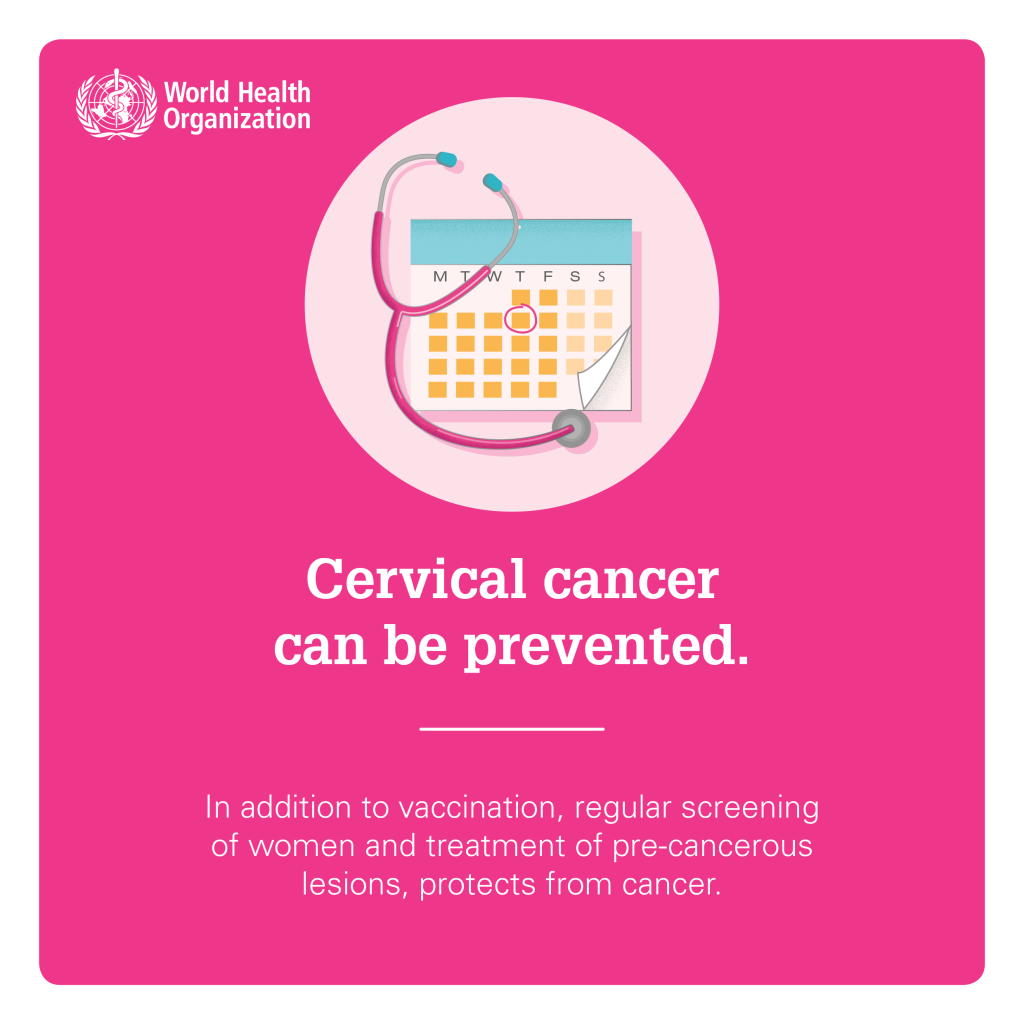
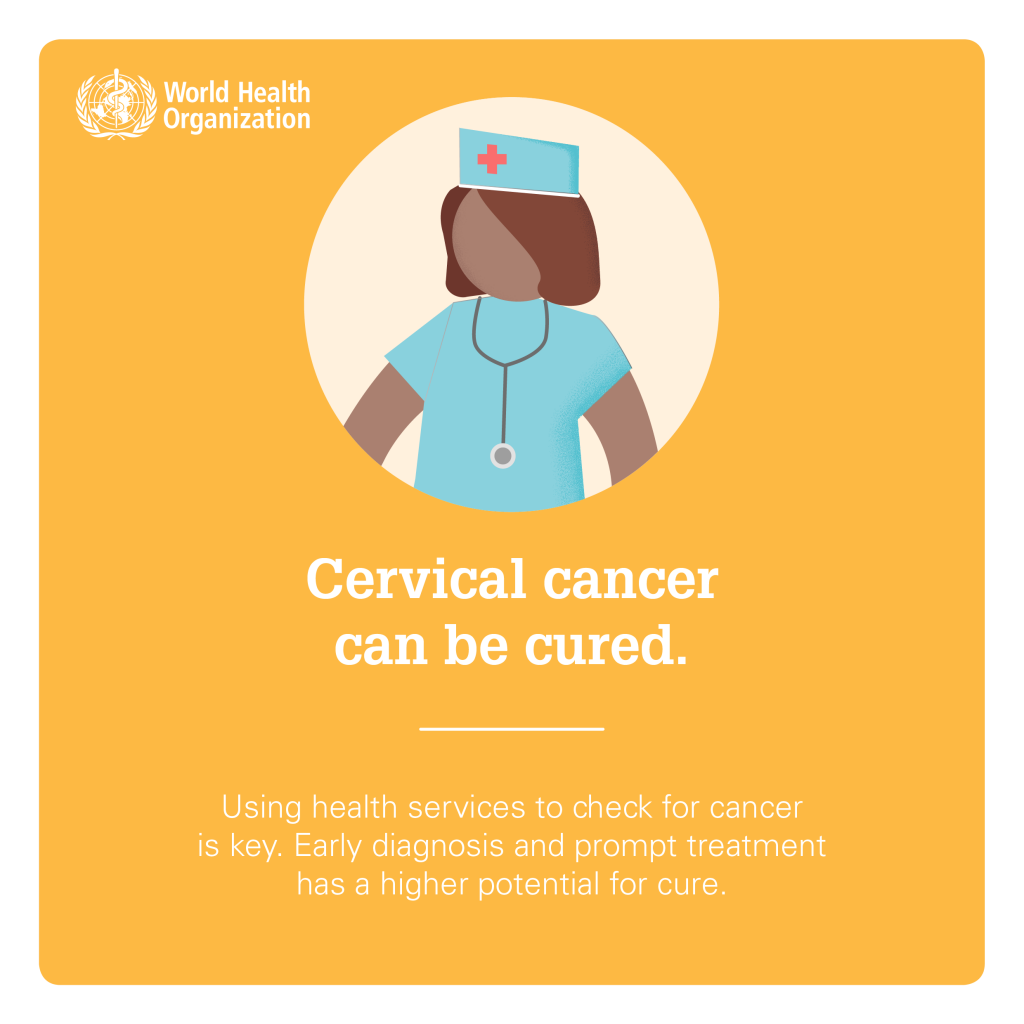
Cervical cancer is abnormal growth of cells in the cervix.
African American women are diagnosed with cervical cancer more than any other ethnicity (about 40% more, and die at twice the rate of white women.
Cervical cancer is 100% preventable if changes in the cervix are detected early through a Pap exam.
HPV (Human Papilloma Virus) is the main cause of cervical cancer for women and it is the most common type of sexually transmitted infection.
HPV can be passed through skin-to-skin contact, oral sex, and vaginal sex.
The HPV vaccine is safe and well tested all over the world. It protects against HPV virus strains that most commonly cause cancer. It can be administered to boys and girls beginning at age 9 so they are protected before they become sexually active.
Risk factors for cervical cancer include having multiple partners, smoking cigarettes, history of sexually transmitted infections including HPV, and long-term use of birth control.
Signs and symptoms of cervical cancer include irregular vaginal bleeding between periods, after intercourse, or after menopause, vaginal discharge that is an unusual color, watery or bloody, or has a foul odor, and pelvic pain during sex.
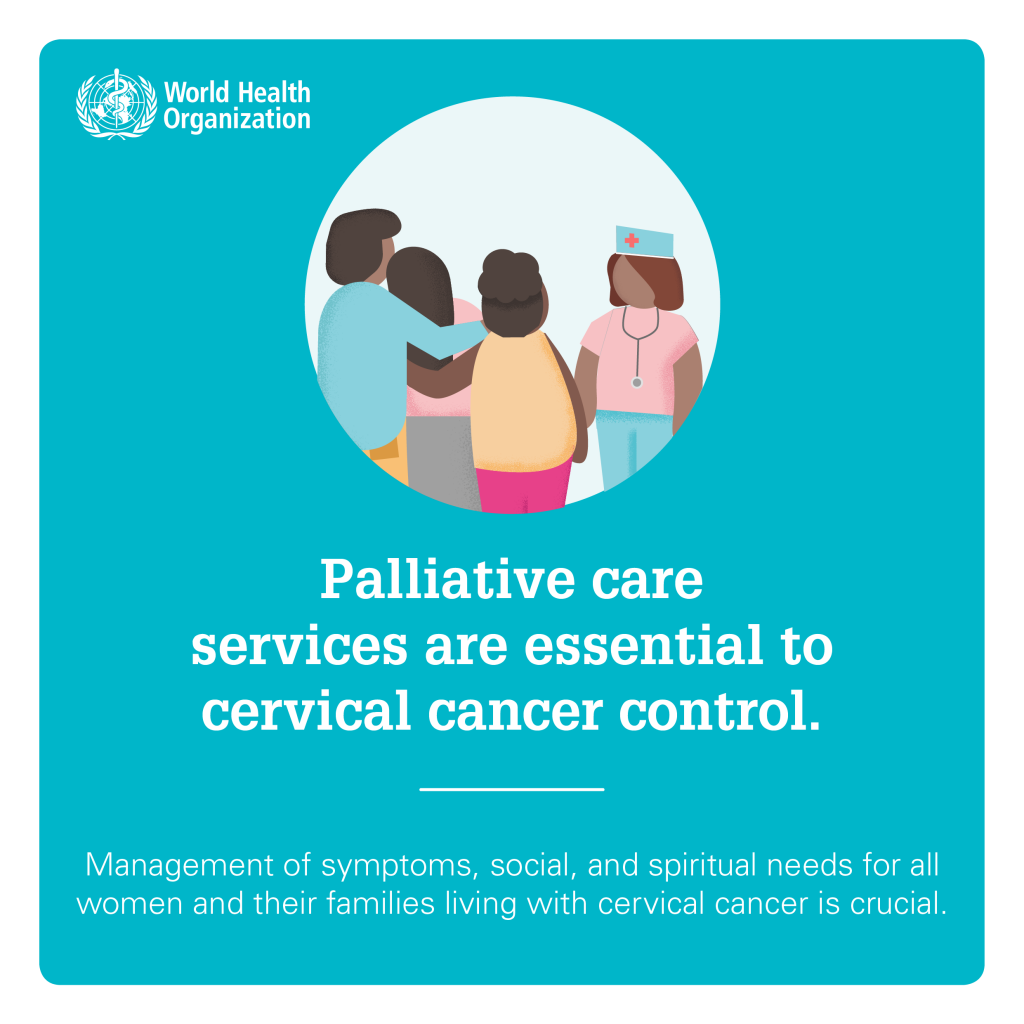
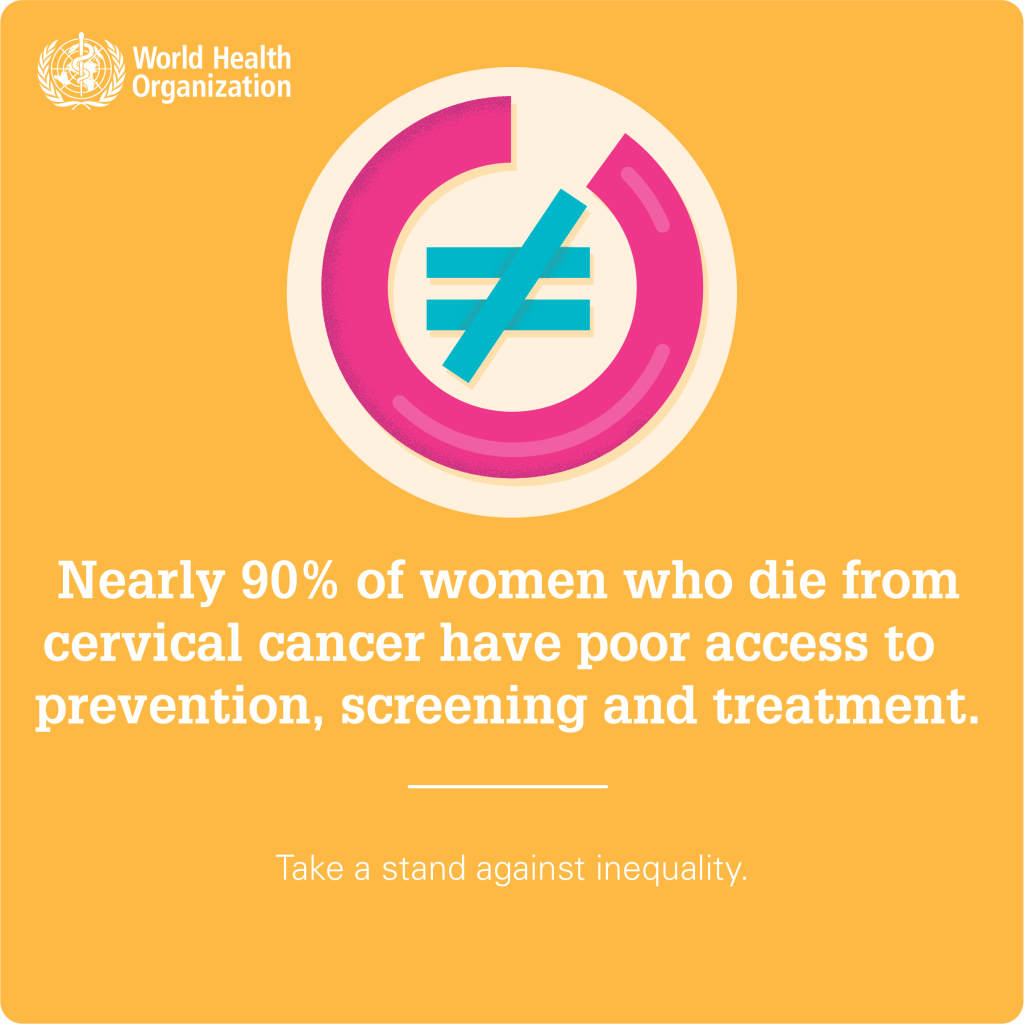
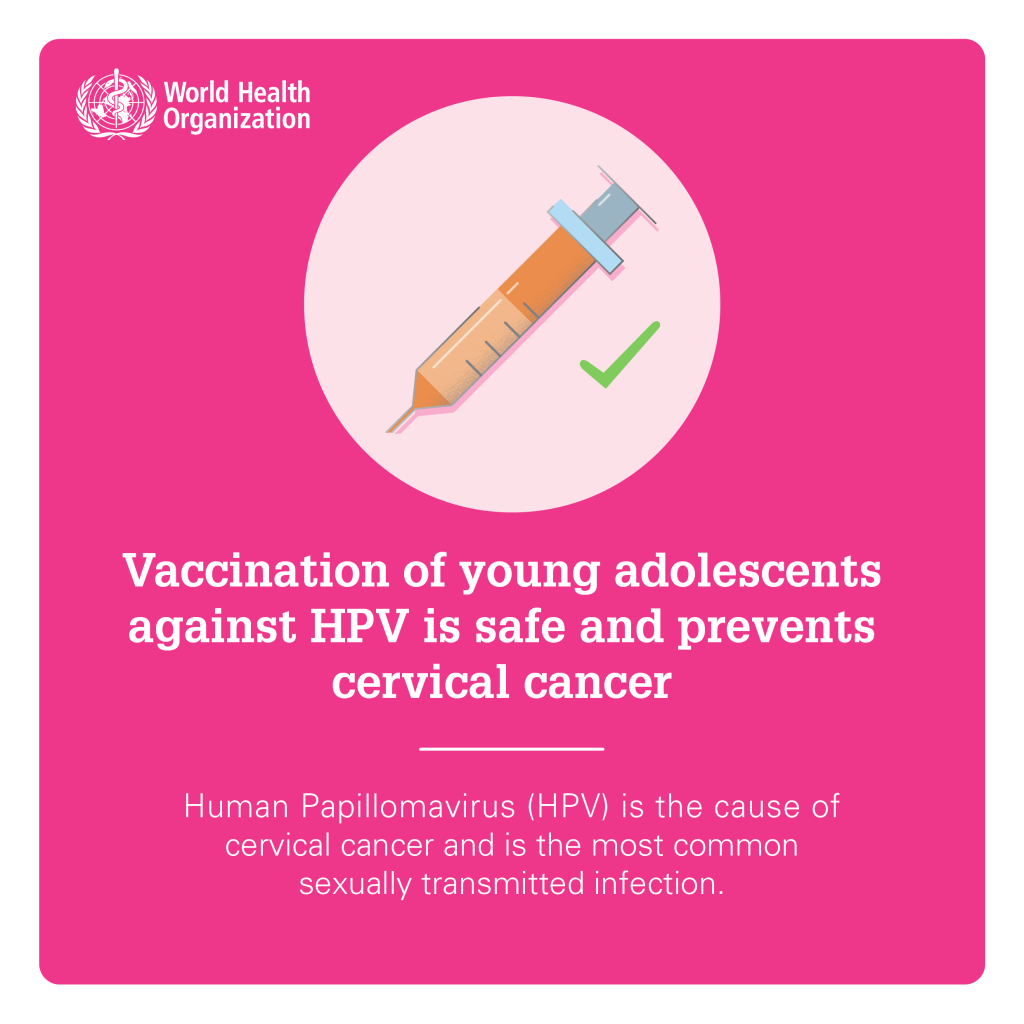
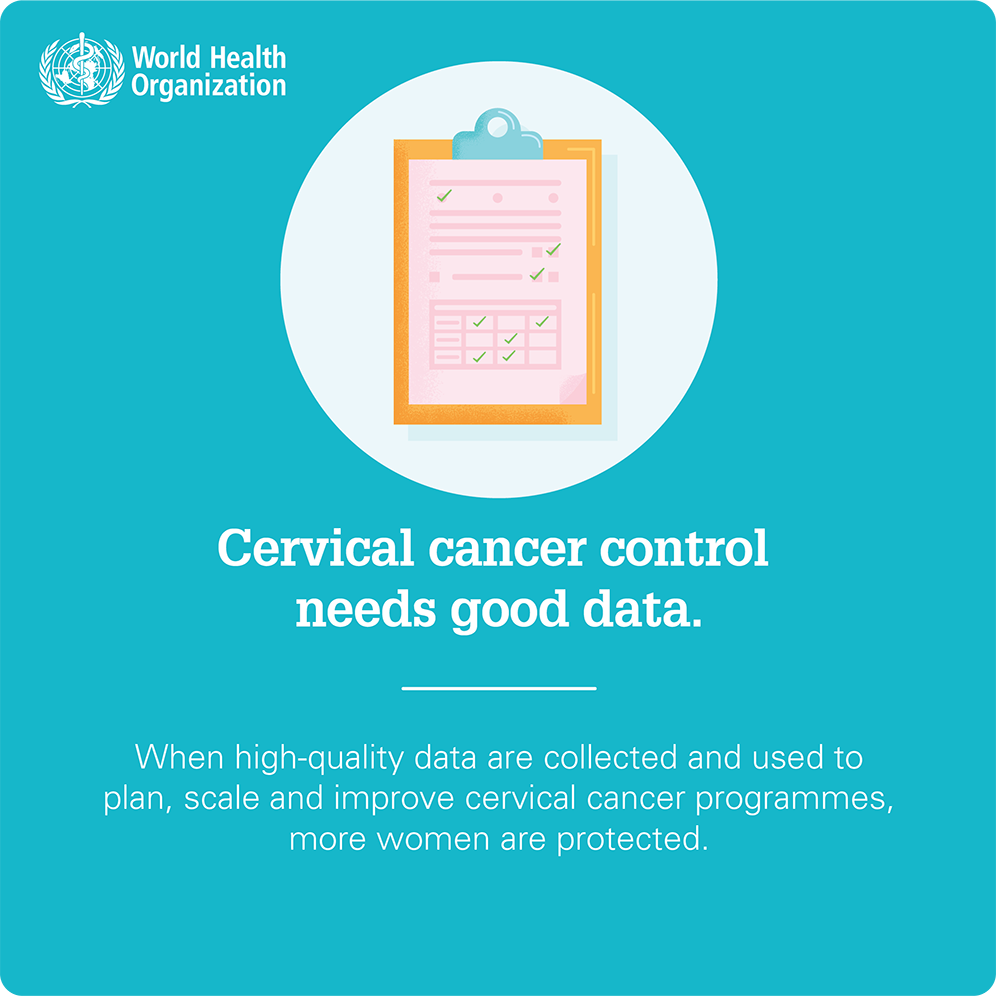
Women between the ages of 21 and 65 are recommended to receive a pap every 3 years to be tested for HPV.
Women who have HPV or have received abnormal results from a pap may need to get pap tests annually.
Women who have received a total hysterectomy (removal of uterus and cervix) do not need a pap test but should receive regular pelvic exams.
Women who have received a hysterectomy without removal of the cervix should still receive a pap test.
Speak to Someone
The Witness Project of Long Island is dedicated to helping women survive cervical cancer through early detection and screenings.
